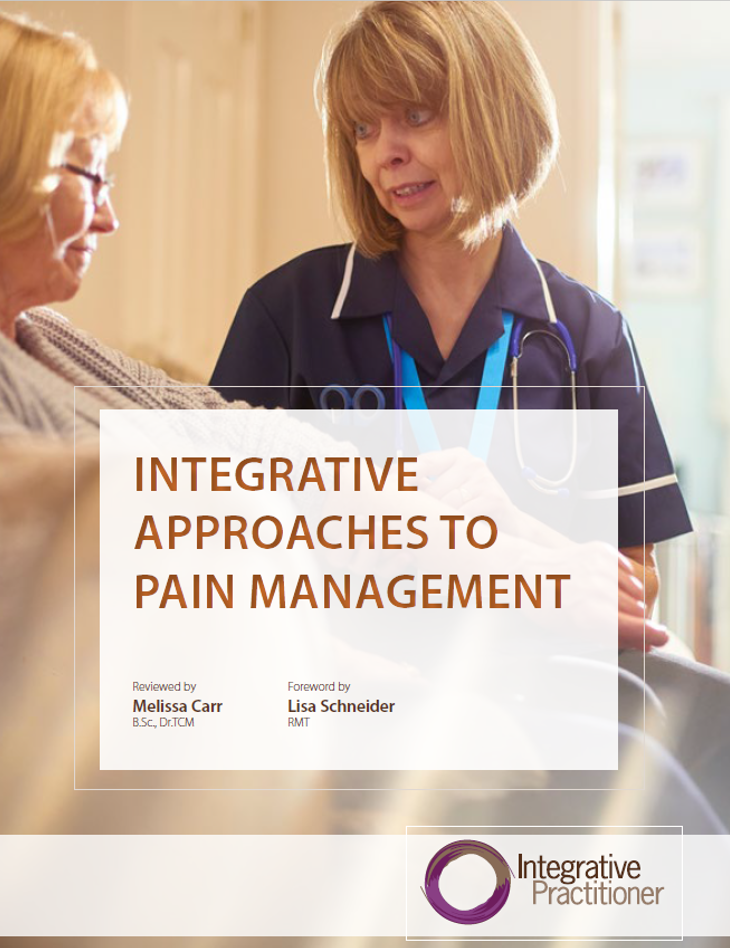Integrative Approaches to Pain Management | Product
Pain is one of the leading reasons why Americans turn to complementary and alternative therapies and practices, and the integrative healthcare community has been a tremendous player in ensuring non-pharmacologic approaches to pain management are readily available and included in national healthcare legislation and research initiatives. Through efforts by entities such as the National Center for Complementary and Integrative Health, a center within the National Institutes of Health, increasing evidence shows that integrative therapies such as nutrition, yoga, massage, acupuncture, and mindfulness-based stress reduction can decrease pain intensity, improve function, and promote better coping with chronic pain.
Integrative practitioners have a significant role to play when it comes to pain management in the healthcare setting. But how can we, as integrative professionals, ensure we are treating pain effectively?
Included in this guide:
- Finding the root cause of pain
- Nutrition plans for reducing inflammation
- Chiropractic and massage protocols
- Traditional Chinese Medicine approaches
- Yoga and movement with sample yoga flow
- Relaxation and stress management techniques
- Chronic pain patient case studies



















